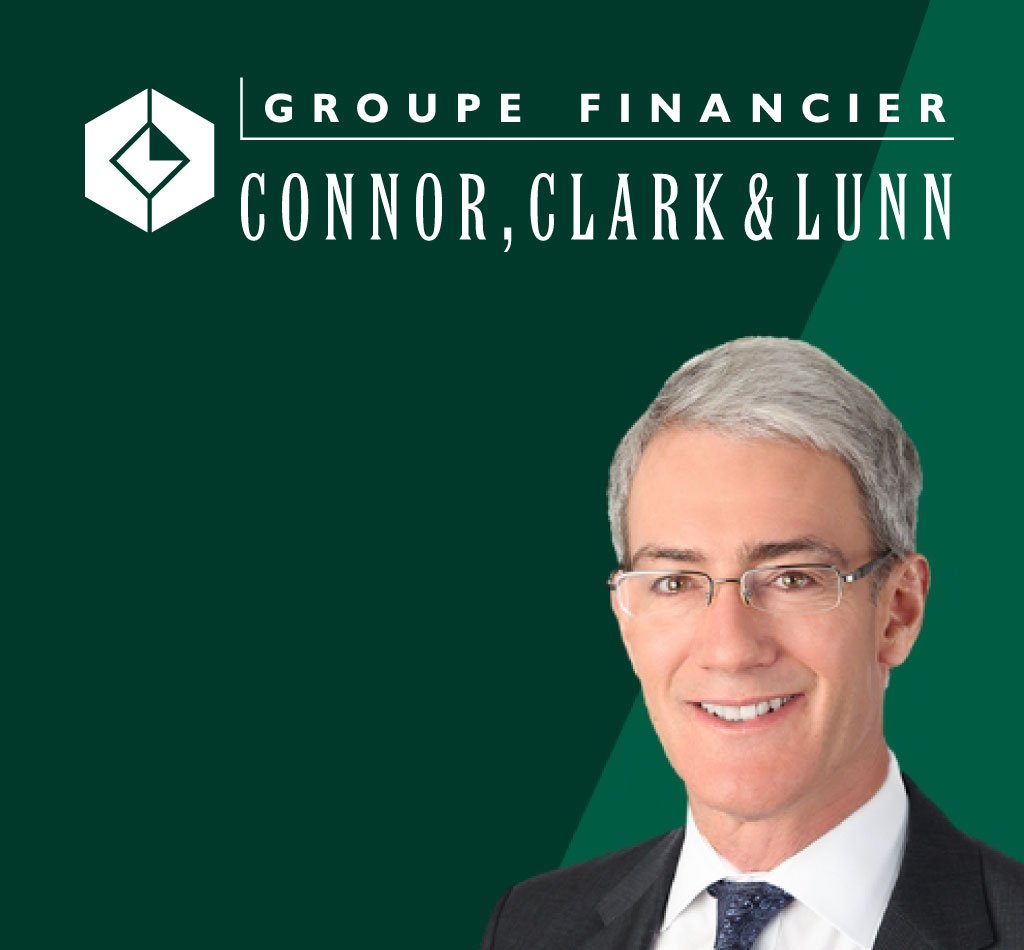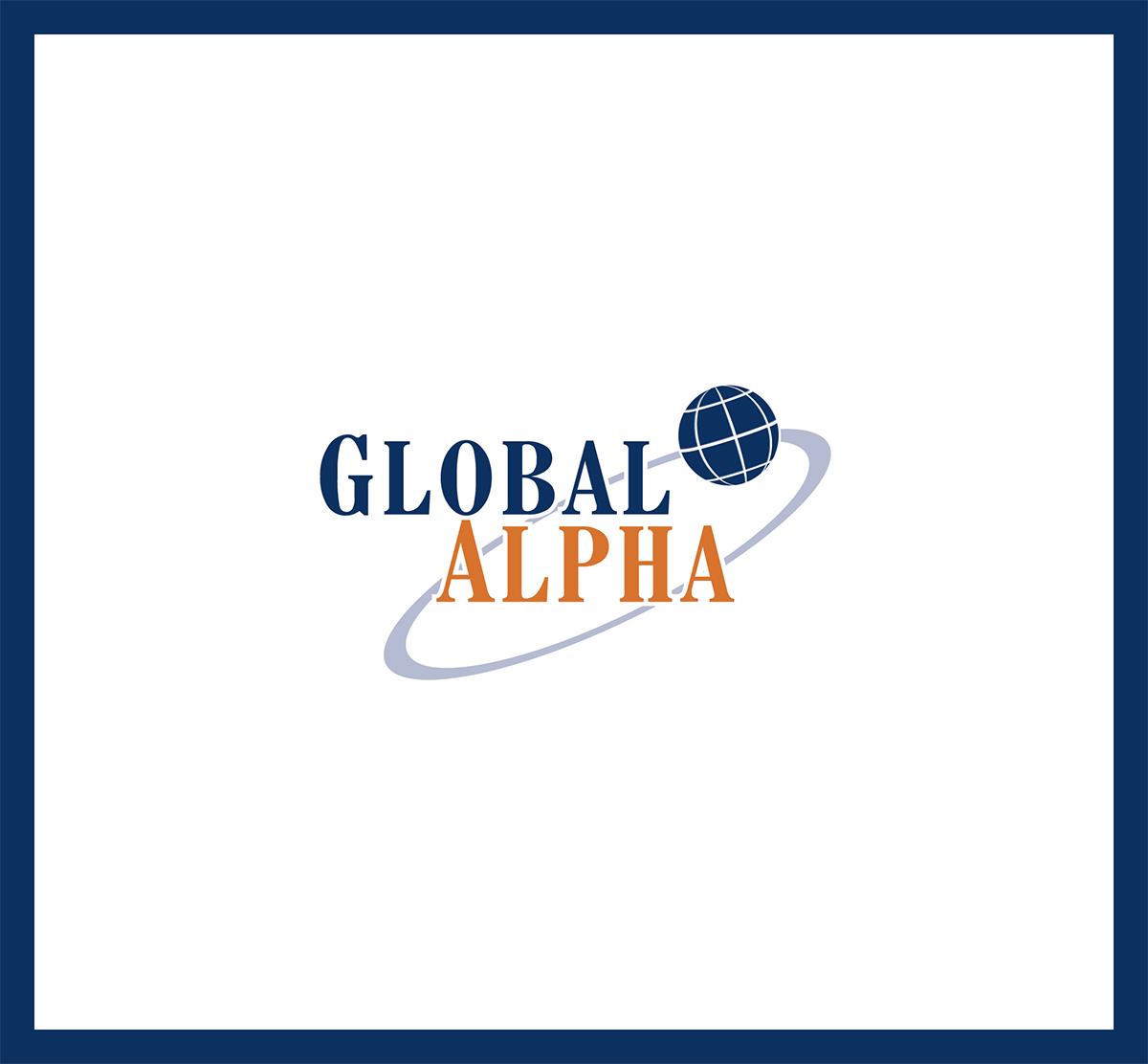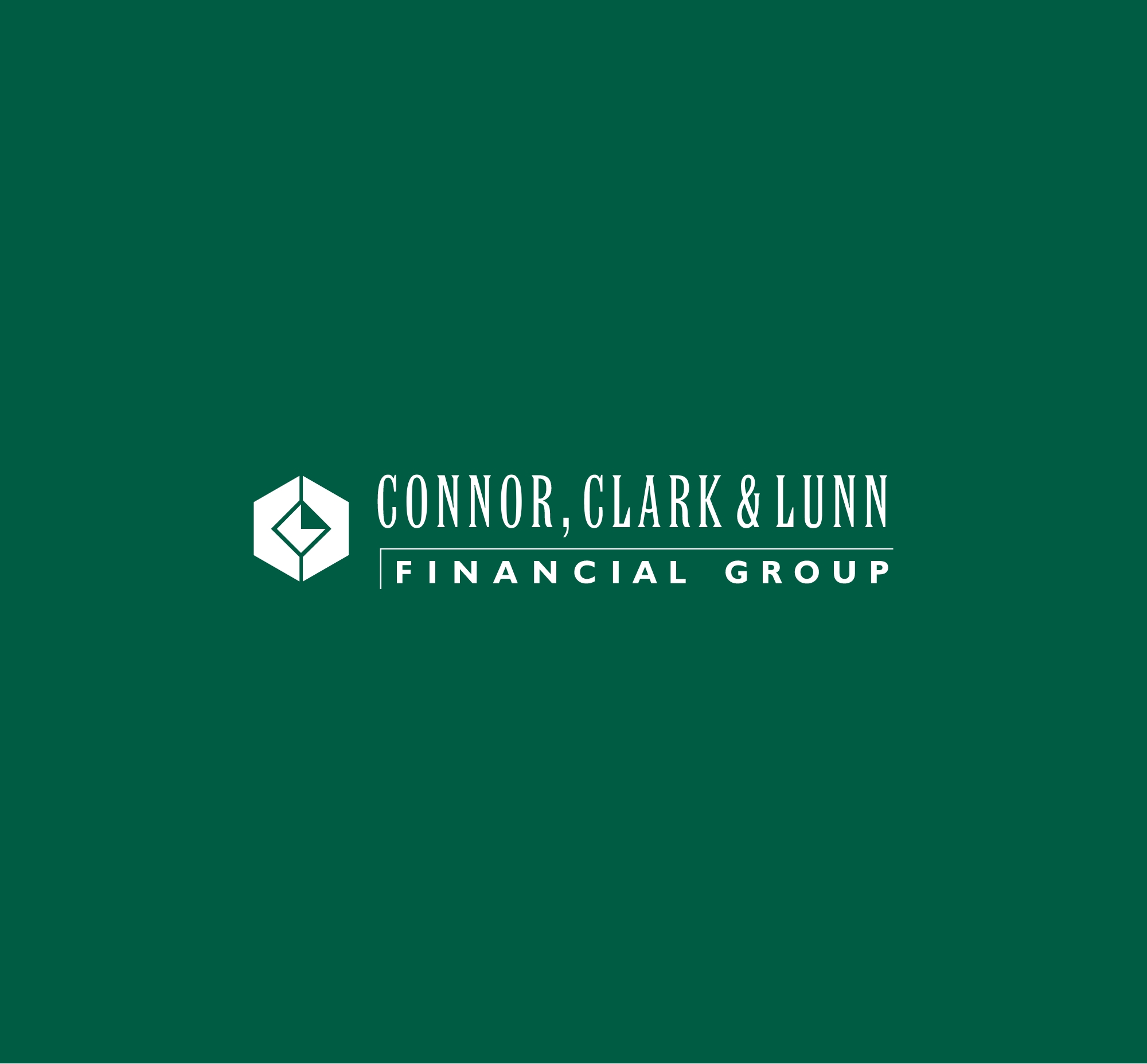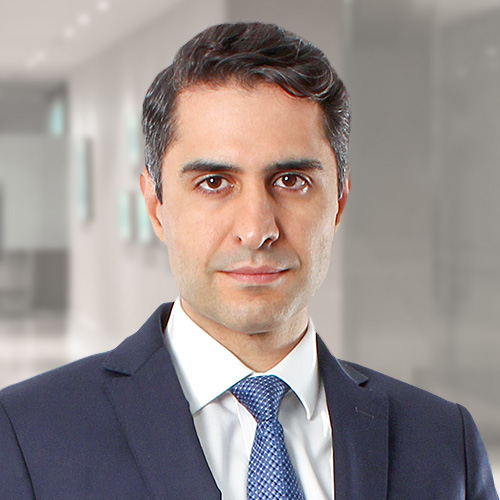Commentaires
FEM Q1 2024 Manager Letter
26 avril 2024

The strategy focuses on investing in frontier and emerging market companies that our team expects will benefit from demographic trends, changing consumer behaviour, policy and regulatory reform, and technological advancements.
Below, we explore some of the key factors influencing returns and share observations on the portfolio and the markets.
Financial Services Portfolio
The strategy saw strong returns from financial services, driven by the financial technology portion of the portfolio. The primary driver of returns at the security level was Kenya’s Safaricom PLC, the country’s leading telecommunication and mobile money services provider, whose share price appreciated by nearly 60% in US dollars in the quarter. This strong share-price performance is largely attributed to a decline in the risk premium attached to Kenyan assets.
Like many frontier and lower-income emerging markets, Kenya’s fiscal and balance of payments position was severely compromised over the last four years as it grappled with a host of global challenges, including high and volatile commodity prices, supply chain tightness, rising interest rates, and a strong US dollar. Domestically, successive droughts and the election of a new government in August 2022 created further uncertainty and negatively impacted consumer confidence (note: agriculture contributes over 30% to Kenya’s GDP and employs over 40% of the total population). Consequently, Kenya was all but shut out of international capital markets, impairing its ability to issue hard currency debt to finance its growing liabilities and leading to a 20% depreciation in the Kenyan Shilling against the US Dollar in 2023. The country’s fortunes began to turn around at the beginning of 2024 as it took advantage of a window of opportunity to issue its first Eurobond since 2021. Kenya enticed investors by offering a relatively lucrative yield of 11.0%, which was oversubscribed five times and ultimately raised US$1.5 billion at a tightened yield of 10.375% with a 10-year maturity. The government’s decision to pay up for capital has so far proven to be the right one as concerns quickly abated over the level of FX reserves and the country’s ability to service a US$2.0 billion Eurobond maturing in June 2024. The result was a compression in yields across the curve and a restored confidence in the Shilling, which, as of the date of writing, is the world’s best-performing currency versus the US dollar (~19% appreciation in the quarter). The significant appreciation in the currency is bringing imported inflation down, and with the start of the rainy season and a better harvest, it should serve to further subdue inflation through lower food prices.
As would be expected, the improvement in Kenya’s economic prospects was swiftly reflected in the share price of Safaricom as well as the broader market. Through M-Pesa, Safaricom is particularly geared to economic activity as it is the dominant platform through which its ~32 million active customers (~60% of Kenya’s population) transact using services like peer-to-peer transfers, bill payments, remittances, and borrowing and saving. In the year ending December 2023, M-Pesa facilitated ~$280 billion of transaction value (nearly 3x Kenya’s GDP), a number that is expected to grow as economic activity picks up and as many of the use cases that management is rolling out are adopted by its large and scaled base of customers and merchants.
Another notable contributor to the period’s returns from the financial technology portfolio was Kazakhstan’s Kaspi.kz, a company we have written extensively about in a previous post. Over the last three years, Kaspi’s management team have been working on a plan to move the company’s share listing venue from London (LSE) to the Nasdaq. Kaspi’s shares have been relatively illiquid on the LSE, with one-year average daily traded value of US$2.8 million, a low percentage of the free-float market capitalisation of over US$3.0 billion. Management have long made the case that the LSE listing undervalued their shares and that the right home for Kaspi as a technology company is the Nasdaq. True to their word, management pulled off the listing in January this year to become the first Kazakh company to list on the Nasdaq (the shares were subsequently delisted from the LSE). Since the listing, daily traded value averaged US$43.0 million, ~15x what it used to trade on the LSE. It is too early to say whether that liquidity boost will underpin a higher multiple on the shares as management hopes, but we are confident in their ability to execute operationally and believe that this will ultimately drive long-term shareholder value. The Nasdaq listing has also been celebrated by the President of Kazakhstan, which we believe should only help reinforce Kaspi’s national champion status and strategic importance to the country’s ambition to draw in foreign direct investment.
Consumer Portfolio
The strategy’s consumer portfolio delivered good performance this quarter, driven by the Philippines’ Century Pacific Food Inc. and Indonesia’s Sido Muncul (Sido). Century Pacific is the largest canned food company in the Philippines, with an 85% and a 52% share in seafood (tuna and sardines) and meat, respectively. Over the last few years, Century’s management have successfully executed an entry into the dairy category, with market share as of end of 2023 reaching ~28% in powdered milk (from 2% in 2016), a strong number two and lagging only behind Nestle, the market leader with a ~60% share.
The milk category is in its infancy in the Philippines, with annual consumption per capita at the bottom of the list among Asian countries. Management believes that milk consumption is at an inflection point and have positioned the company strongly to benefit from the growth in the category over the next decade. The diversification and resilience of Century’s portfolio have served it well in the last twelve months; Filipino consumers have experienced considerable pressure on their disposable incomes from a rise in rice prices and high interest rates which has led them to trade down to categories that offer more value for money. Simultaneously, softer input prices allowed Century to increase its gross profit margins and invest in advertising and promotions to drive demand and reinforce the equity of its brands while thoughtfully increasing dividend payout to shareholders. Momentum seems to also be building in other parts of the Century portfolio, including coconut water where the company announced an expansion of its agreement with The Vita Coco Company, alternative meats where it is now in 1,800 Walmart locations in the US, and pet food where it is making inroads in modern retail doors in the Philippines.
Sido, the herbal medicine company that we have discussed extensively in the past, emerged from a difficult 2023 with a strong exit performance in the last quarter of the year and a promising outlook for the first half of 2024. Sido is one of the most profitable consumer health companies in the world, with EBITDA margins above 44% and return on capital ratios that are consistently in the range of high 20%s to low 30%s. This profitability underpins high cash conversion and allows the company to continually run a zero-debt balance sheet. More recently, the controlling shareholder Irwan family bought out the full 17% stake of Affinity Equity Partners, a private equity investor that had come to the end of its investment cycle in the company. The transaction was done at a 30% premium to the three-month average price, signalling confidence from the family in the prospects of the business, and removing the overhang on the shares that typically arises with late-stage private equity ownership of public companies in our markets.
Outlook
After three difficult years, we are observing an improvement in the environment for the strategy. We sense more optimism in our discussions with the majority of portfolio companies on their operations and outlook for their businesses. We also see a growing opportunity set for the strategy as investability returns to markets like Kenya, Egypt, Pakistan, and Bangladesh. We also see more opportunities emerging out of ASEAN markets like Malaysia and Thailand, and Middle Eastern markets like the UAE. This has been reflected in the strategy’s cash levels, which have reached a three-year low as of the end of the quarter.
We look forward to continuing to update you on the strategy over the rest of the year.






